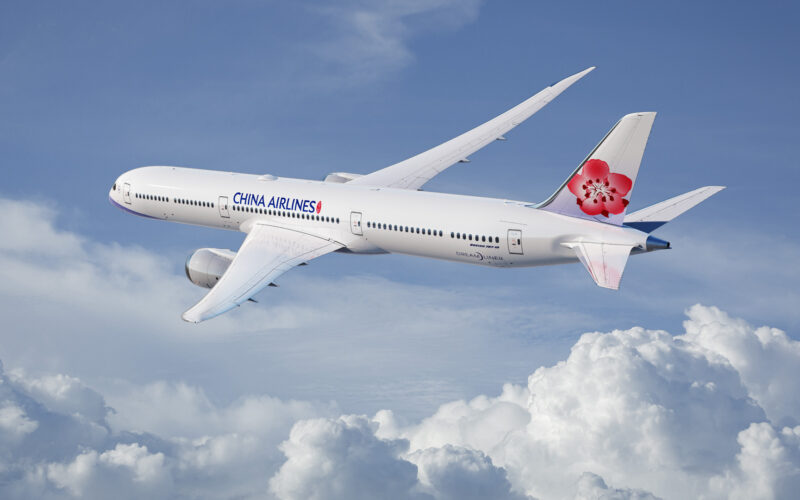A Boeing aircraft is en route back to the United States from China, a tangible illustration of the escalating trade tensions that are increasingly impacting business operations between the world’s two largest economies. This flight occurs against a backdrop of a deepening tariff dispute, with both nations imposing levies on a growing range of goods, raising concerns about the long-term consequences for global supply chains, corporate profitability, and international relations.
While the specific purpose of the Boeing jet’s return remains officially undisclosed, industry analysts suggest it underscores the growing complexities and potential disruptions faced by American companies operating in or trading with China. The escalating tariff war, fueled by disagreements over trade imbalances, intellectual property rights, and market access, is forcing businesses to reassess their strategies and supply chains.
Boeing, a major American exporter, has significant stakes in the Chinese market, which is a crucial customer for its commercial aircraft. The return of this aircraft could be indicative of several potential scenarios. It might be related to adjustments in delivery schedules due to the uncertain economic climate created by the tariffs. Alternatively, it could reflect a broader strategic move by Boeing to mitigate potential risks associated with the ongoing trade friction, such as increased costs or logistical hurdles.
The tariff dispute has seen both the US and China impose multiple rounds of tariffs on billions of dollars’ worth of each other’s goods. These measures increase the cost of imported materials and finished products, potentially squeezing profit margins for businesses on both sides. Companies are now facing difficult decisions about whether to absorb these costs, pass them on to consumers, or restructure their supply chains to avoid the tariffs altogether.
The impact of the trade dispute extends beyond just the immediate costs of tariffs. The uncertainty surrounding future trade relations can deter investment, disrupt long-term planning, and create volatility in financial markets. For companies like Boeing, which operate with long production cycles and rely on international collaboration, such uncertainty can be particularly challenging.
The return of the Boeing jet serves as a visible reminder of the interconnectedness of the global economy and how political tensions can have tangible effects on business operations. As the tariff dispute continues to escalate, more companies are likely to face similar challenges, prompting a broader re-evaluation of international trade relationships and supply chain resilience. The long-term consequences for global economic growth and stability remain a significant concern for policymakers and businesses worldwide.

